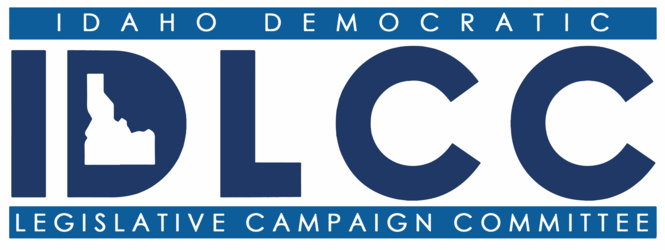On Jan. 20, many of us let out a shared sigh of relief. With President Joe Biden being sworn into office, it feels like our nation is finally headed in the direction of empathy toward our fellow man, progress toward shared goals and competence in government.
We cannot overlook, however, the deep scars the last four years — and most notably recent months — have left on our democracy. The nation’s steady diet of false information and vitriol was the foundation upon which conspiracy theories and lies about the election results were built. The harmful misinformation surrounding the election encouraged insurrection and violence at the U.S. Capitol, and for the first time in my life, I felt real fear for the future of our democracy. Of course, this is not the only time our country has dealt with violent insurrectionists.

Rep. James Ruchti
In August 1863, President Abraham Lincoln wrote in the middle of the Civil War to his old friend James Conkling during a time when national unity was at an all-time low. In the letter, he acknowledged the anger and frustration dividing the country. But, even then, he was able to find hope, writing, “Peace does not appear so distant as it did. I hope it will come soon, and come to stay; and so come as to be worth the keeping in all future time. It will then have been proved that, among free men, there can be no successful appeal from the ballot to the bullet; and that they who take such appeal are sure to lose their case, and pay the cost.”
Lincoln used this imagery on numerous occasions to remind the nation a strong democracy would withstand violent attempts to take over the government. His clarion call is a needed reminder today.
In a democracy, the loudest and angriest among us cannot be allowed to have outsized influence. Otherwise, they will use such behavior to intimidate elected officials, monopolize the attention of policymakers, thwart fair elections, and dispute election results.
While not rising to the level of what happened at the U.S. Capitol, Idaho is seeing similar behavior in the Legislature, as well as city council, school district and public health board meetings. The people have a constitutional right to petition their government, and it is necessary for a democracy to function, but there is a Rubicon that cannot be crossed.
When elected officials make decisions from a place of intimidation, they no longer look to data, facts, and science to find solutions. Instead, legislators and other policymakers listen to the few loud and angry voices. The result is short-sighted, ineffective and even dangerous legislation and policy.
A prime example of this is the misguided legislation to end Gov. Brad Little’s emergency declaration, which gives Idaho access to over $20 million in federal funds to support our first responders, National Guardsmen, hospitals and businesses. These funds also help us manage the pandemic and will provide much-needed money to distribute vaccines. Legislators who are advocating for the end of the emergency declaration fail to explain this to their constituents.
To my fellow legislators, whether they are making their voices heard or not, your constituents are depending on you to represent their interests. The legislation to end the emergency declaration is nothing less than irresponsible and dangerous to the future of our great state. To our constituents, do whatever you can to make your voices heard; what you have to say matters.


Recent Comments